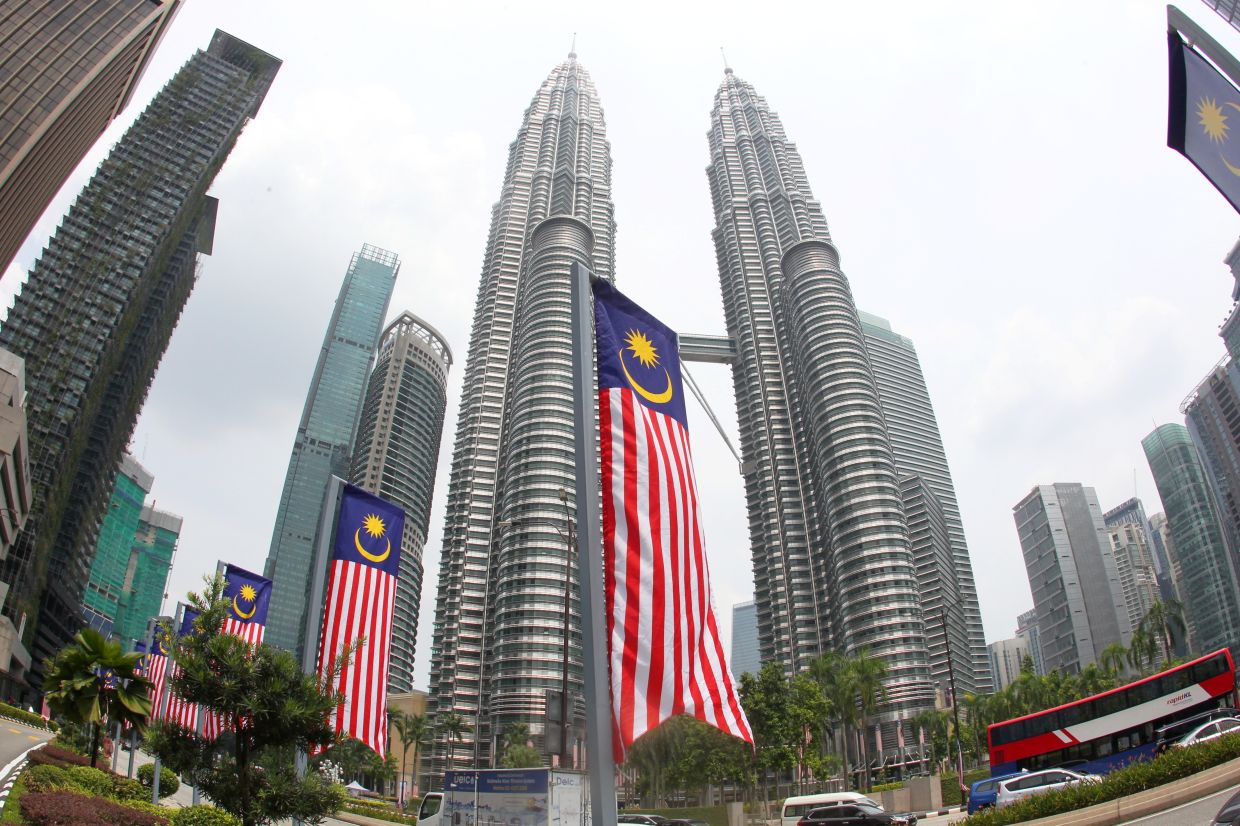
IT’S good that the Home Ministry is now open to reviewing its Malaysia My Second Home (MM2H) programme because its new rules have been criticised, the Sultan of Johor among its detractors.
Minister Datuk Seri Hamzah Zainuddin has assured that the government is prepared to re-examine the new criteria – which many feel is too stringent – following the programme’s reactivation.
Rubbing salt into the wound, the rules even apply to those already settled in Malaysia, and not just new applicants.
Let’s take a step back and assess what the objectives were for MM2H – it was to target high-income participants possessing adequate capabilities with stipulated rules on the duration of social visit pass, minimum days of staying in Malaysia per year, the threshold of offshore income, the number of deposits and amount of liquid assets declaration.
More importantly, the MM2H programme has managed to stimulate the country’s economy, with a cumulative gross value-added income of RM11.89bil from 2002 to 2019 through visa fees, property purchases, personal vehicle purchases, fixed deposits, and monthly household expenditure. As of now, the ministry has approved a total of 57,478 MM2H participants, including dependents of MM2H pass holders.
Basically, when the country is grappling with an economic problem, MM2H is a low hanging fruit.
Most of the participants applied for this programme because they had bought homes in Malaysia, and they certainly would want to have some form of incentive. Most don’t even contemplate permanent resident status.
But even before these new revisions were introduced, it was already a nightmare applying for an MM2H status.
I have a Hong Kong celebrity singer friend, in her late 60s, who wanted to apply to stay here. She is Muslim and felt she could spend her time here since she already has many properties.
But the conditions included one strange rule – she could not work in Malaysia while her application was being processed.
As someone who performed regularly in Genting Highlands, she refused to accept the requirement.
She continues to sing praises of Malaysia, especially Sabah, in all her interviews, but Malaysia broke her heart, and she’s a high-value individual with plenty of money.
Of course, she has now cynically said that it’s easier for poor-skilled foreign workers to stay here than herself.
Thailand, Indonesia and the Philippines have all launched similar MM2H programmes, and they are much more attractive than Malaysia’s.
Indonesia’s Minister of Tourism and Creative Economic, Sandiaga Uno, has announced his plan to establish a long-term visa valid for up to five years (extendable). This visa will also allow foreign nationals to invest and work in Indonesia legally.
“The concept is to create a long-term stay, second home visa for a five-year term. They deposit IDR 2bil (US$142,300/RM582,702) per individual or IDR 2.5bil (US$178,000/RM728,378) for the whole family. They will be allowed to invest or do business here, and it is extendable every five years,” he was quoted.
If all goes to plan, this five-year visa will be launched by mid-2021. Three destinations are prepared to welcome the holders of long-term visas – Bali, Batam and Bintan.
For Johor, the MM2H needs to be flexible because it has a multiplying effect on its property market and other industries, including the food and beverage sectors.
It’s not just Singaporeans, but also Chinese and Indonesians who want to stay in Johor Bahru but work in Singapore.
The Sultan of Johor is understandably upset and has used very strong words on the new MM2H rules.
Just look at the number of unsold properties in Johor Baru, with the amount of unsold housing and serviced units combined amounting to RM38.6bil up to March 2021.
Rather than impose new rules on those who have already settled here, it’s better to reach out to those who have not fulfilled the conditions.
Interestingly, Hamzah said that some 8,000 participants have been found not to be using the facility to live in the country, despite being given the pass, adding that according to immigration records, the number of participants who don’t reside in Malaysia was between 7,000 and 8,000.
“They will only come in for a short period to register their application and when they want to renew their passes later.
“I have asked officers to call up these participants to find out their intention of taking up the offer as they don’t even stay in Malaysia,” he told a press conference on Wednesday (Sept 1).
There must be a minimum amount of time spent in Malaysia, but also, if they are high-value globetrotters, we can’t expect them to stay here for too long.
Supposedly, British tycoon Richard Branson chose to enrol in MM2H, so we can’t expect him to be in Malaysia for long spells. He will be the best ambassador for our country though.
But what’s more important is, Malaysia can’t afford to keep on shifting the goalposts because whether we like it or not, the impressions foreigners have of our country now aren’t flattering ones.
Hamzah has said the rules for MM2H have not changed in the last 20 years, and any revisions would be considered fair. However, it mustn’t run too far off.
With that said, I trust the Home Minister to be a fair person who will do what’s right for MM2H participants.





